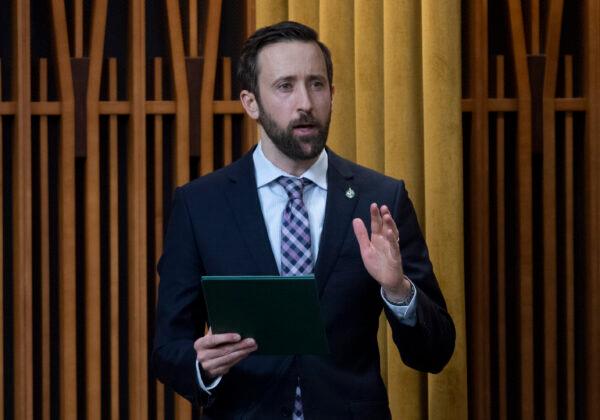York University “has work to do to make clear the boundaries of acceptable conduct” regarding how it handles free expression on campus in relation to controversial topics, says an independent review of a violent protest at the university last November.
The review was launched after a Jewish student group’s event featuring a panel discussion with former Israeli Defence Force soldiers was disrupted by a massive protest led by the Students Against Israeli Apartheid group.





